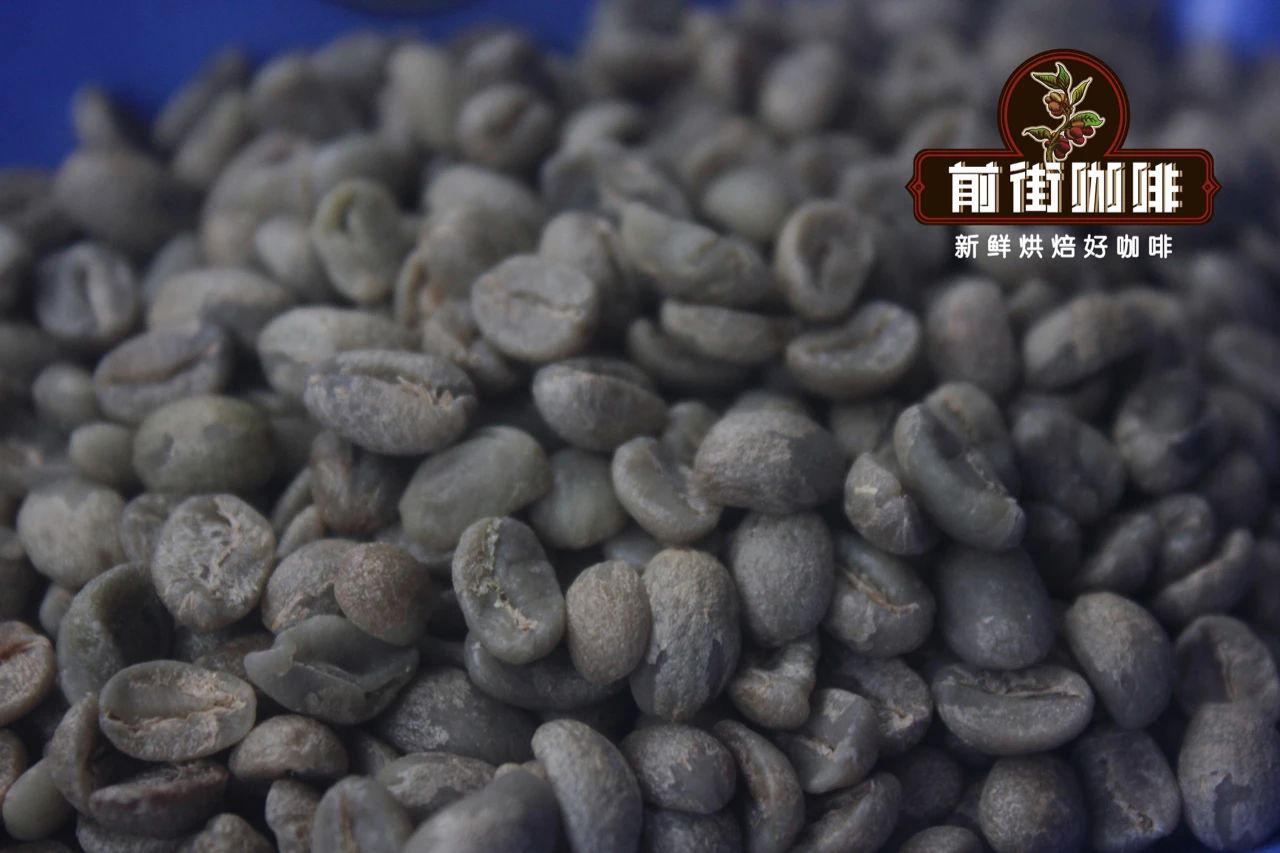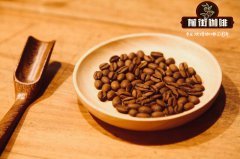Kenyan coffee varieties SL28, SL34 introduce how to drink Kenyan coffee handcups?

Professional coffee knowledge exchange more coffee bean information please follow the coffee workshop (Wechat official account cafe_style)
More than 6 million people in China are engaged in the coffee industry, mostly in the form of a combination of small farmers and cooperatives.
Coffee trees in Kenya are mostly planted at 1400 m-2000 m above sea level, and the growth areas include Ruiri, Thika, Kirinyaga and Mt. Kenya West, Nyeri, Kiambu and Muranga. Mainly in the foothills of Mt.Kenya and Aberdare.
There are many producing areas in Kenya that strive to preserve the native forest ecosystem, protect the natural gene pool, support the reproduction of wild coffee varieties and breed a variety of coffee trees.
In 1930, the unique Kenyan varieties SL28 and SL34, which were cultivated and named by the "Scott Laboratories" laboratory, were born in such a good environment. According to botanists in SL laboratory, SL28 and SL34 are genetic variants. Among them, SL28 has a mixed pedigree of French missionaries, mocha and Yemeni Tibica. The goal of cultivating SL28 was to mass produce coffee beans with high quality and resistance to diseases and insect pests.
Although the yield of SL28 was not as high as expected, the copper leaf color and broad bean-shaped beans have great sweetness, balance and complex flavor, as well as remarkable citrus and plum characteristics. SL34 is similar to SL28 in flavor, with a heavier, fuller and cleaner finish than SL28, except for the complex acidity and great sweetness of the finish. SL34 has French missionaries, bourbon, and more Tibica ancestry. Dou looks similar to SL28, but is more adaptable to sudden heavy rain. It is these two important varieties that lead us to the unique Kenyan style: strong acidity, rich taste and beautiful balance.
"Uteuzi Jimbo" means "County Select" in Swahili (the official language of Kenya).
In order to describe the complete style of Kenyan coffee, Cafe Imports and Dormans jointly launched a small farming project called "Uteuzi Jimbo", which is based on a combination of flavors that can be represented by different Kenyan producing areas.
Qianjie Coffee recommends the way Kenyan coffee is brewed:
Hand flush: V60
Water temperature: 90 ℃ 92 min
Degree of grinding: BG 5R (pass rate of Chinese standard No. 20 screen 58%)
Powder / water ratio: 1:15
Extraction time: two minutes
Flavor: black plum, virgin fruit, sugar, honey
Important Notice :
前街咖啡 FrontStreet Coffee has moved to new addredd:
FrontStreet Coffee Address: 315,Donghua East Road,GuangZhou
Tel:020 38364473
- Prev

Qianjie Yunnan Iron Card Fine Coffee Bean Yunnan small Coffee Bean how to make Yunnan Coffee Powder
Professional coffee knowledge exchange more coffee bean information Please follow the coffee workshop (Wechat official account cafe_style) Southern Yunnan is located in low latitude, high altitude, large temperature difference between day and night. The unique advantages of natural conditions are especially suitable for the growth of small-grain coffee, and it is the most suitable area for producing high-quality coffee in the country. Most coffee in Yunnan is planted at 10 002000 meters above sea level.
- Next

Kenya Kangunu processing Plant Coffee introduction what are the characteristics of coffee in the Embu producing area of Kenya?
Professional coffee knowledge exchange more coffee bean information please follow the coffee workshop (Wechat official account cafe_style) Kenya is a model country for producing excellent coffee beans, Kenya produces high-altitude Arabica water-washed beans is one of the world's top coffee beans, most coffee beans are graded by the Kenya Coffee Bureau and sold at auction, Kenny
Related
- Detailed explanation of Jadeite planting Land in Panamanian Jadeite Manor introduction to the grading system of Jadeite competitive bidding, Red bid, Green bid and Rose Summer
- Story of Coffee planting in Brenka region of Costa Rica Stonehenge Manor anaerobic heavy honey treatment of flavor mouth
- What's on the barrel of Blue Mountain Coffee beans?
- Can American coffee also pull flowers? How to use hot American style to pull out a good-looking pattern?
- Can you make a cold extract with coffee beans? What is the right proportion for cold-extracted coffee formula?
- Indonesian PWN Gold Mandrine Coffee Origin Features Flavor How to Chong? Mandolin coffee is American.
- A brief introduction to the flavor characteristics of Brazilian yellow bourbon coffee beans
- What is the effect of different water quality on the flavor of cold-extracted coffee? What kind of water is best for brewing coffee?
- Why do you think of Rose Summer whenever you mention Panamanian coffee?
- Introduction to the characteristics of authentic blue mountain coffee bean producing areas? What is the CIB Coffee Authority in Jamaica?

